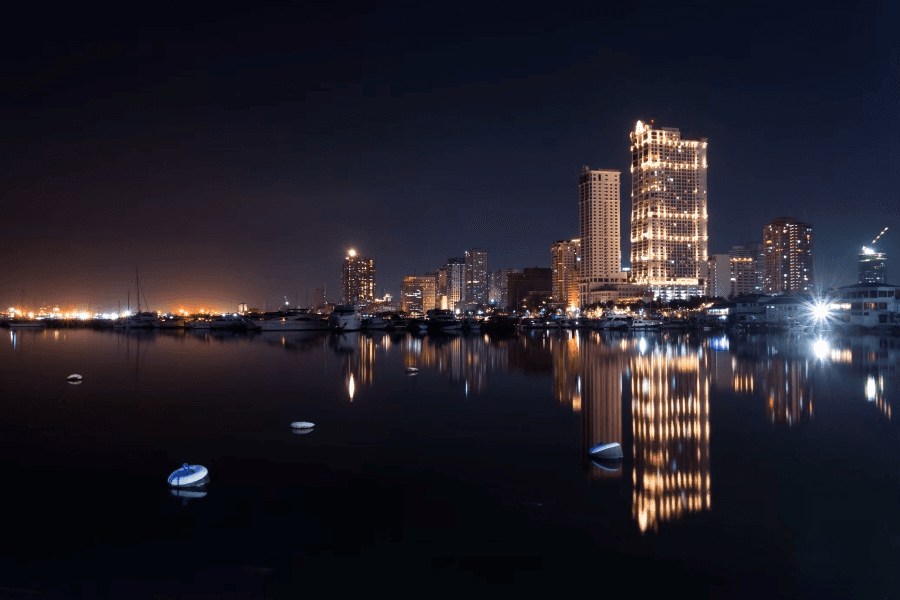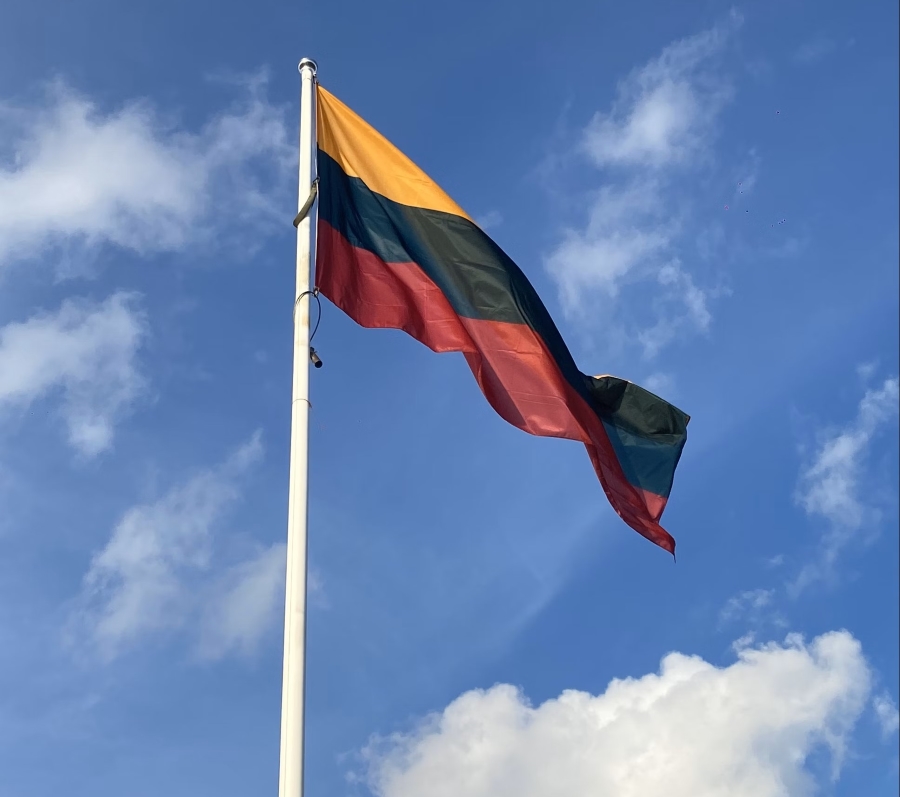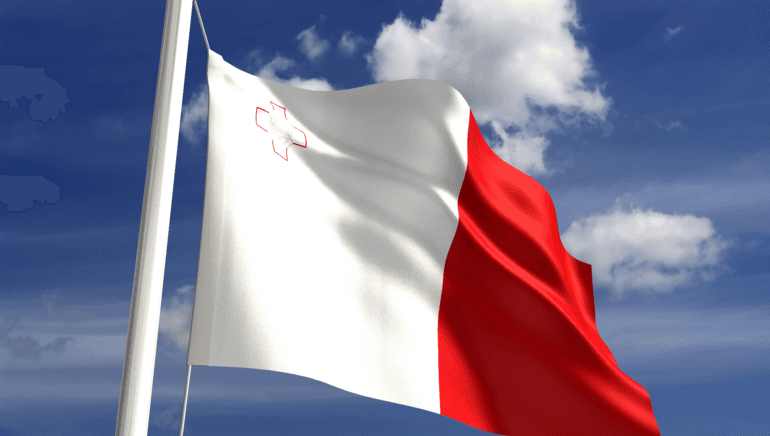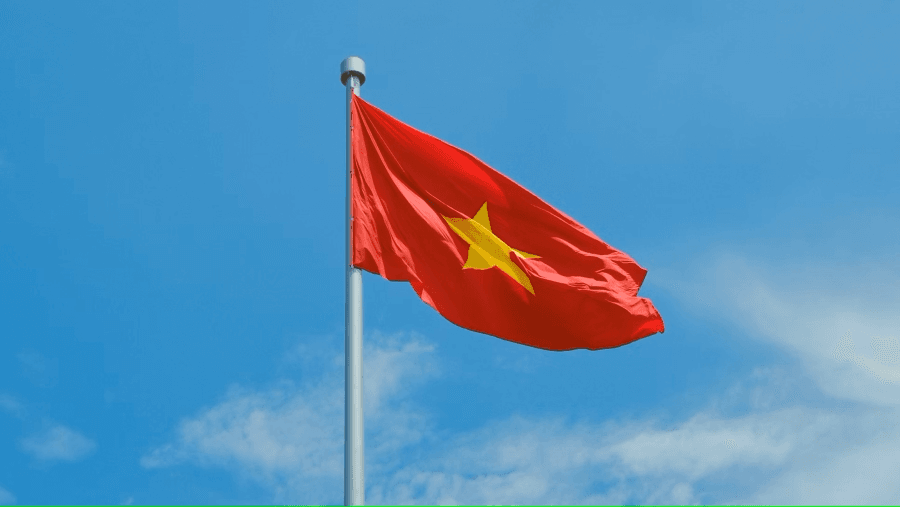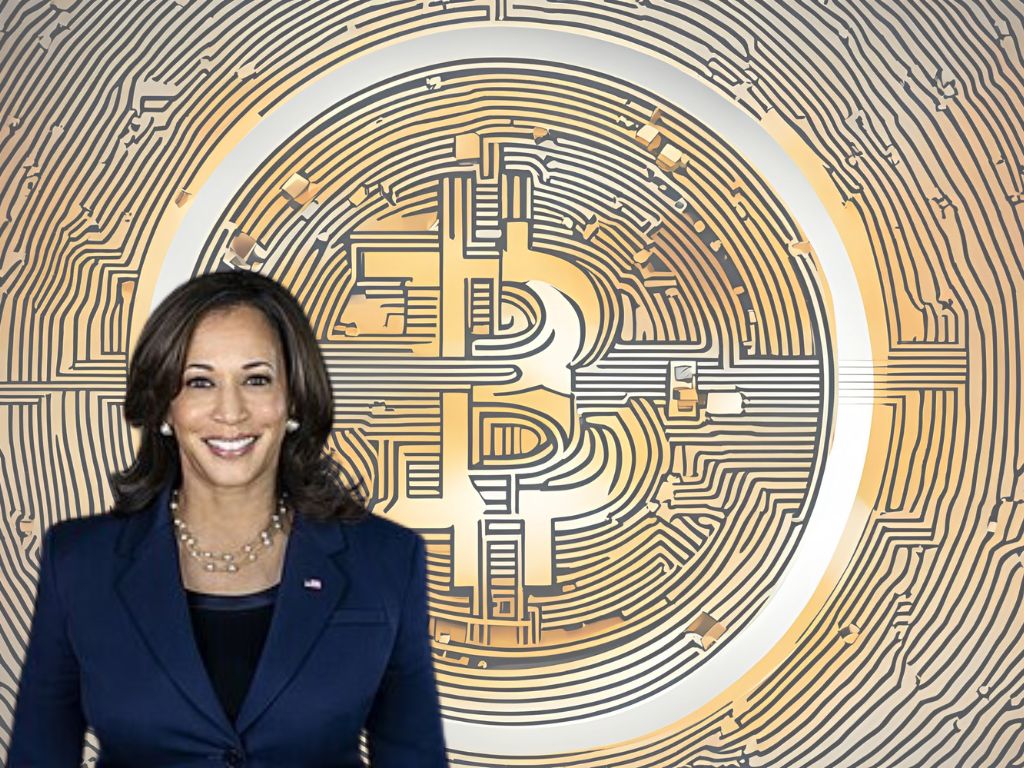


The Philippines Сentral Bank, the Bangko Sentral ng Pilipinas (BSP), has issued new gambling policy guidelines.

The Philippines Сentral Bank, the Bangko Sentral ng Pilipinas (BSP), has issued new gambling policy guidelines.
The proposed rules allow banks and electronic money issuers (EMIs) to operate digital marketplaces, allowing them to provide both their own offerings and those of third-party providers through a single online platform.
While these marketplaces can offer a mix of financial and non-financial products, any gambling-related services are strictly prohibited.
The proposal states: “The activities in a digital marketplace operated by a bank or EMI shall be limited to the offering of its own products and services and/or presentation or display of the products and services of PSPs.”
Specifically, the bill states that gambling-related products and services will be banned.
The bank also identified them as potentially “damaging to the reputation of market participants and the financial system.”
After a period of significant changes in gambling regulation, with the government taking the landmark step of banning Philippine offshore gaming operators (POGO), the Philippines has been removed from the Financial Action Task Force (FATF) grey list.
Recall that the FATF added the Philippines to its grey list in June 2021. Being on the list indicates that a country has deficiencies in its anti-money laundering and counter-terrorist financing systems, making it subject to enhanced scrutiny.
Countries on the grey list are subject to increased scrutiny by international financial institutions, which could impact foreign investment and cross-border transactions.
Key steps taken included demonstrating effective risk-based supervision of designated non-financial businesses and professions (DNFBPs), strengthening supervision of casino junkets, and implementing strict registration requirements for money and value transmission services (MVTS).
Executive Secretary Lucas Bersamin, commented: “Our well-earned exit from the FATF’s grey list boosts our drive to attract job-creating, growth-inducing foreign direct investments.
“This hard-fought administration win in its battle against money laundering will be preserved and protected through consistent compliance with global standards.”
However, the proposed guidelines have already drawn criticism from PAGCOR. Chairman Alejandro Tengco expressed concern that the BSP did not consult with the agency before submitting the draft rules.
With online gaming accounting for a significant portion of the country’s gambling revenues – estimated at PHP48.79 billion (EUR788 million) in 2023 – PAGCOR fears the new restrictions could disrupt the thriving industry.
Despite these concerns, the BSP appears focused on strengthening financial integrity and preventing potential financial crime risks associated with digital financial transactions.
If implemented, the restrictions could force online gaming operators to seek alternative payment processing solutions outside the traditional banking system, potentially driving some activities underground.
The BSP’s draft changes come amid growing political and public calls for a complete ban on online gaming in the Philippines.
The industry, particularly POGOs, has come under scrutiny due to reports of financial crimes, human trafficking, and other illegal activities associated with the sector.
In recent months, lawmakers and advocacy groups have pushed for stricter regulations, if not an outright ban, on all online gaming operations.
In particular, Senate leaders and government agencies have expressed concern about the negative social and economic impacts of online gaming. Some officials claim that the industry has become a hub for illegal activities, including money laundering and fraud.
Lawmakers such as Senator Sherwin Gatchalian and Senate President Juan Miguel Zubiri have openly called for a complete shutdown of POGO operations, citing national security risks and reputational damage to the Philippines.
In December 2023, the Philippines House of Representatives approved a resolution calling for a comprehensive study into the social and economic impacts of online gambling, which many saw as a precursor to a full-scale ban.
Additionally, China, a key player in the POGO sector due to its large Chinese player base, has repeatedly pressured the Philippine government to shut down offshore gambling operations that illegally target Chinese nationals.
